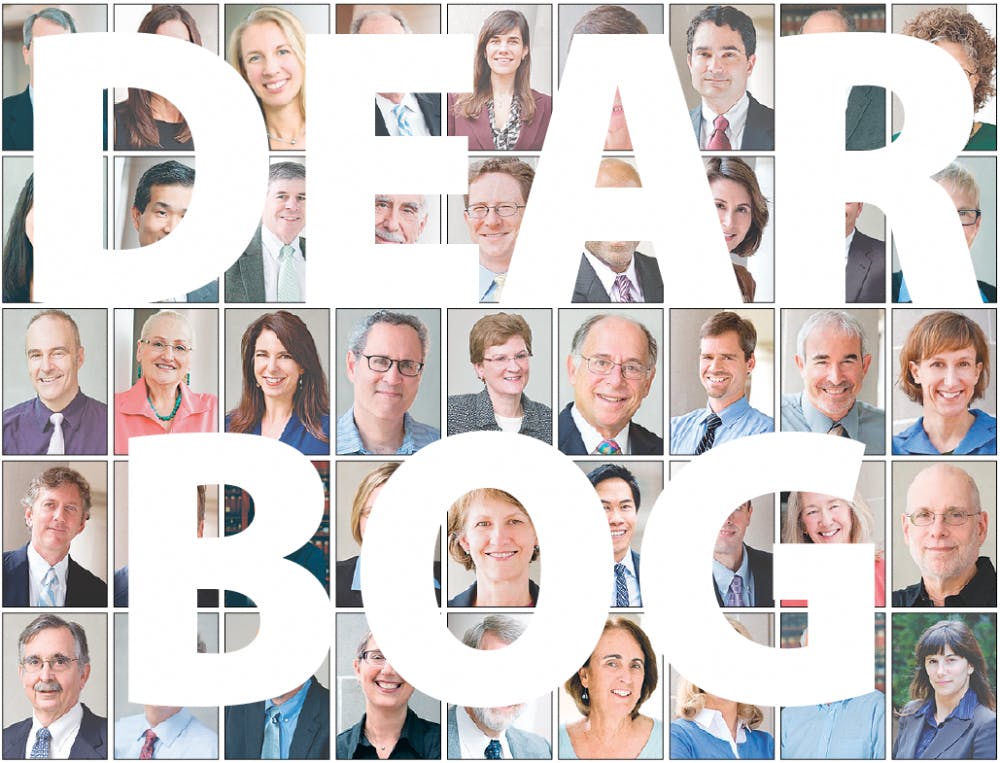Despite tenure protection for some professors, said Bill Marshall, UNC law professor, there are other ways to target professors in ways that limit their free speech.
Nichol said the poverty center’s shutting won’t deter him from speaking out.
“When the poverty center is abolished, I’ll have more time to write, to speak and to protest North Carolina’s burgeoning war on poor people,” Nichol said in a statement Wednesday.
Joseph Kennedy, a UNC law professor, said while Nichol was dean of the law school, he oversaw the creation of the poverty center, the Center for Civil Rights and the Center for Banking & Finance. Kennedy said all three centers do work that contributes to their professions.
“What’s the difference between banking and poverty? Is it political advocacy just because the group you’re studying doesn’t have the money to hire their own lawyers?” he said.
Brian Balfour, policy director at the right-leaning Civitas Institute, said he thinks the review of the centers was a way to improve universities’ efficiency. He said the idea the review is ideologically based does not seem sensible considering the board had to evaluate more than 200 centers.
But Tamar Birckhead, director of clinical programs at the law school and an author of the school’s original statement, said closing the poverty center will harm both law students and marginalized people.
Birckhead also disputes claims that the Center for Civil Rights is not an academic center due to its advocacy.
“The idea that the Center for Civil Rights is not an academic center because it engages in advocacy reveals a complete lack of understanding for what legal education is about,” she said. “We are training students to be advocates, and in order to do that, they learn through experiential learning.”
Birckhead said she hopes the Board of Governors will oppose the working group’s recommendations at its meeting on Thursday and Friday.
“At the very least, these threats by the working group of the Board of Governors can and will likely have a chilling effect,” she said. “People will be afraid to continue to teach and to publish and to use their email to engage in what are academic pursuits.”
To get the day's news and headlines in your inbox each morning, sign up for our email newsletters.
Nichol said in an email Monday that he’s proud to be part of such a supportive law school faculty — and he particularly appreciated that Boger, the school’s dean, signed the statement.
“In this atmosphere, that’s a remarkable act of moral courage,” Nichol said.
state@dailytarheel.com
UNC law faculty signees from left to right: David Ardia, Tamar Birckhead, Kaci Bishop, John Charles Boger, Laura Collins Britton, Lissa L. Broome, Alfred Brophy, Kenneth S. Broun, Patricia Bryan, Alexa Z. Chew, Andrew Chin, John M.Conley, Michael Corrado, John F. Coyle, Charles E. Daye, Maxine Eichner, Lewis Moore Everett, Barbara Fedders, Victor Flatt, Laura N. Gasaway, Deborah R.Gerhardt, Michael J. Gerhardt, S. Elizabeth Gibson, Thomas Lee Hazen, Jeffrey M. Hirsch, Donald T. Hornstein, Melissa B. Jacoby, Thomas A. Kelley, Joseph Kennedy, Catherine Y. Kim, Julie Kimbrough, Anne Klinefelter, Holning Lau, Jon McClanahan, Ruth Ann McKinney, Steven Melamut, Robert P. Mosteller, Eric Muller, Richard E. MyersII, Beth S. Posner, Gerald J.Postema, Alice Ratliff, Dana Remus, Richard Rosen and Kathryn A. Sabbeth.
Not pictured: Bernard A. Burk, Joan Krause, Arnold H. Loewy, William P. Marshall, Oscar J.Salinas, Maria Savasta-Kennedy,Richard S. Saver, Theodore M.Shaw, Craig T. Smith, Leslie Anne Street, Kathleen DeLaney Thomas, William J. Turnier, Sara B. Warf, Judith Welch Wegner, Mark Weidemaier, A. Mark Weisburd, Deborah M. Weissman, Erika Wilson and Janine M. Zanin.




